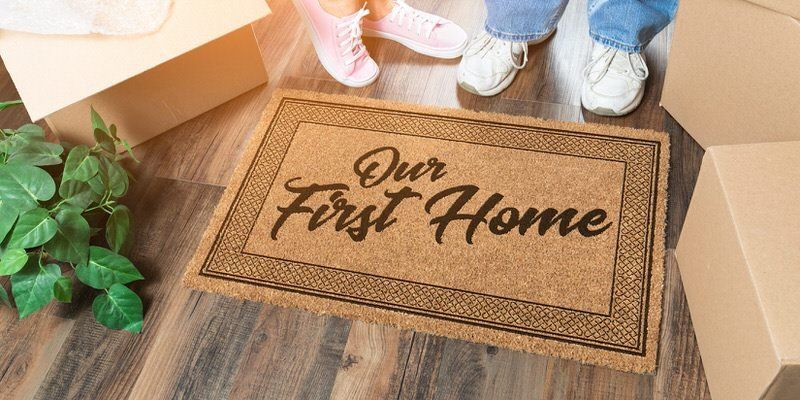What You Should Know About the Government’s New FTHB Incentive
Launched on September 2nd 2019, the first time home buyer’s incentive is designed to help qualified first time home buyers reduce their monthly expenses. The goal is to make housing more affordable. The government of Canada has set aside $241M for the program and has estimated it will help 100,000 Canadians over the next 3 years.
Program highlights.
Your mortgage must be default insured, CMHC will provide 5% of the downpayment for an existing home, or 10% downpayment for a new build construction.
Your income must be less than $120,000 per year and you must meet the criteria of being a first time home buyer. The insured mortgage plus incentive cannot be more than four times your household income.
There are no repayments required while you have your mortgage, however, you can pay it back anytime or upon the sale of your property. There will be some risk-sharing with the government.
Consumer Sentiment
According to a recent survey completed titled “Home Buying is Hard Work” by Mortgage Professionals Canada, Canadians are in “moderate agreement” that the new First-Time Home Buyer Incentive will “make it easier for Canadians to afford a home.”
However, among existing homeowners, most say they would not have used the program when they bought their first home, while most respondents also said they would not be willing to give up equity in their home.
Mortgage Professionals Canada Chief Economist Will Dunning expects the program will result in less than 5,000 incremental first-time purchases per year.
The More You Know
If you’re looking to buy your first home, and are considering the first time home buyer’s incentive program, the most important thing you can do is collect all the information and consider all your options.
Unfortunately, understanding mortgages can be difficult. There is a lot of information to consider when simply qualifying for a mortgage, without adding the stress of government programs, and what these programs mean for you, long term.
The good news is that you don’t have to navigate everything alone.
As an independent mortgage professional, my job is to help you qualify for the best mortgage available, using the best programs and incentives available. I’d love to walk you through all your options and explain in detail the ramifications of using a program like the first time home buyers incentive. It might be a fit for you, however, it might not be. Let’s talk!
Please contact me anytime, I’d love to discuss buying your first home!
Share
Recent Posts






